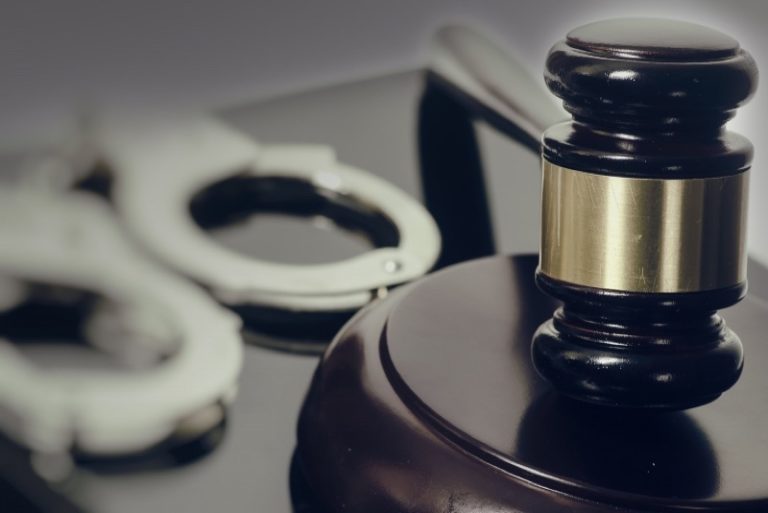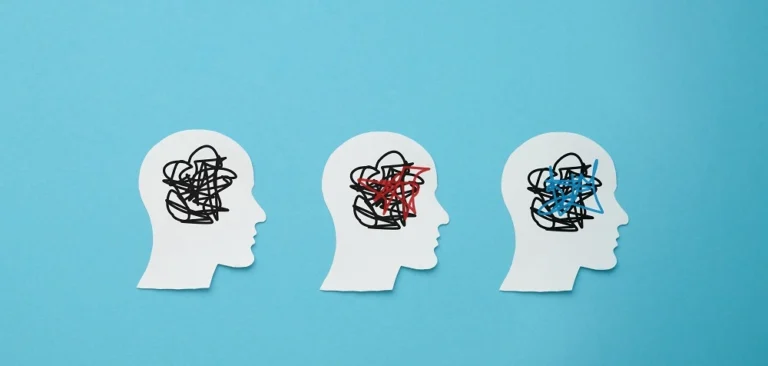If you have watched a television show about police officers or crime, you have likely heard of Miranda rights.
However, most people do not know when Miranda rights actually come into play and what happens if law enforcement violates them.
Unfortunately, a Miranda rights violation is not an automatic get-out-of-jail-free card.
In some situations, a Miranda violation can result in getting pieces of evidence excluded from trial.
While this may not result in an automatic dismissal, it can make your defense stronger and leave more room to negotiate a favorable plea agreement.
If you have concerns over whether law enforcement officials violated your Miranda rights, contact a Dayton criminal defense attorney with Gounaris Abboud, LPA as soon as possible.
We can review the circumstances of your case and help determine whether your Miranda rights were violated.
What Are Miranda Rights?
As the basis for Miranda rights, the Sixth Amendment to the United States Constitution guarantees accused criminal defendants the right to an attorney, and the Fifth Amendment guarantees the right to be free from self-incrimination.
Once law enforcement officials have you in custody and plan to interrogate you for suspected criminal misconduct, they must advise you of these rights before they proceed.
Most police officers will read the same Miranda rights script:
You have the right to remain silent. Anything you say can and will be used against you in a court of law. You have the right to an attorney. If you cannot afford an attorney, one will be provided for you. Do you understand the rights I have just read to you? With these rights in mind, do you wish to speak to me?
Some versions of this script might vary from place to place. However, they all give you the same information.
Slight variations of the same information do not generally constitute a violation of your Miranda rights.
When Do Miranda Rights Become Relevant?
Some people believe that a police officer must read your Miranda rights as soon as they make contact with you.
However, this is not the case. Miranda rights do not come into play until officers conduct an in-custody interrogation.
For example, if you are arrested at the scene of an alleged crime and transported to the police station, the officers do not have to read your Miranda rights during the entirety of that period as long as they do not ask you any questions.
If they later interrogate you about the crime you were arrested for, then they are required to read your Miranda rights first.
If you make voluntary statements during the transport without prompting, those statements will be used against you in court.
Alternatively, if you voluntarily come in for an interview with police, they likely do not need to read your Miranda rights.
However, if you are not free to leave the interview upon your own request, that is considered “in custody” for purposes of Miranda.
How Do I Invoke My Miranda Rights?
After authorities read your Miranda rights, you can simply state that you do not wish to speak without an attorney present to invoke your rights.
You should explicitly state that you are invoking your rights instead of relying on nonverbal communication like shaking your head.
If you verbally state that you want an attorney, the interrogation should stop until you get a chance to consult with one.
If you invoke your Miranda rights but later ask to talk to authorities, you can waive your rights. That means anything you say is admissible in court.
Sometimes authorities will try to convince you to waive your Miranda rights by feigning a potential deal if you speak to them.
Remember, the authorities are not on your side and are interested only in proving your guilt. Consult with an attorney before you waive your Miranda rights.
What If My Miranda Rights Are Violated?
If you invoke your Miranda rights and a police officer continues to interrogate you, your subsequent confessions are inadmissible in court.
However, any prior evidence collected against you can still be used for the prosecution’s case.
For example, police officers do not collect a lot of information by means of interrogation from the suspected driver at the time of a DUI arrest.
Instead, law enforcement uses tools like breath or blood tests to determine the alcohol concentration in one’s blood.
As a result, an excluded confession in a DUI case will likely not result in the dismissal of your case.
Alternatively, if the prosecution’s entire case rests on a confession that was obtained in violation of your Miranda rights, that could lead to a case dismissal.
The legal issues that surround Miranda rights violations often require an in-depth understanding of criminal defense law.
Contact an attorney at Gounaris Abboud, LPA today so we can discuss your case.
If You Have Other Questions About Miranda Rights, Contact Gounaris Abboud Today
Many people treat Miranda rights violations as a cut-and-dried legal issue that can result in a quick, easy dismissal. Unfortunately, this is simply not the case.
Understanding the nuances of Miranda rights can take years, even decades.
Luckily, our team at Gounaris Abboud, LPA has over 50 years of collective experience fighting for those facing criminal accusations.
We pride ourselves on providing our clients with aggressive and reliable legal representation.
Do not make the mistake of trying to handle your own legal defense.
Our team has decades of experience navigating the criminal justice process. Let us put that experience to work for you.
Contact our office today at 937-222-1515, so we can start reviewing your case.




